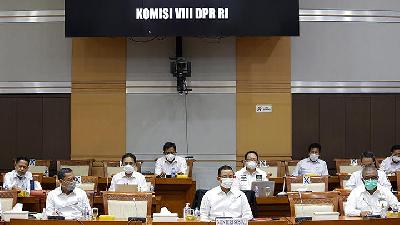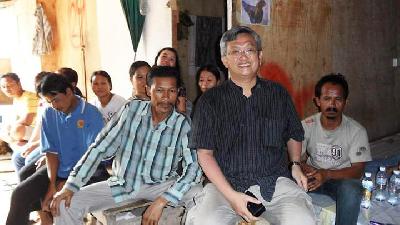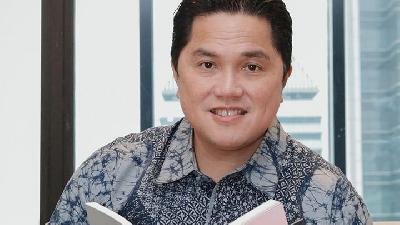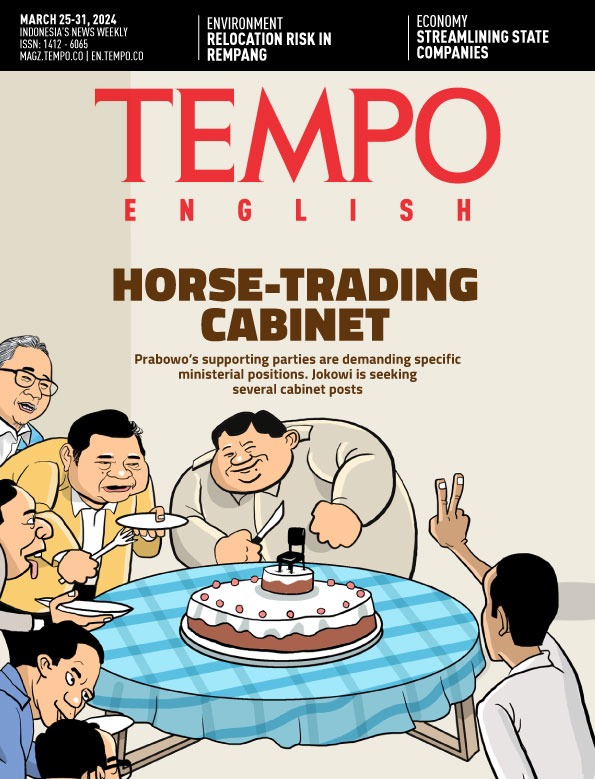This Is Our Opportunity to Raise Capital
Monday, January 25, 2021
In the midst of a flurry of activities to procure and distribute Covid-19 vaccines, State-Owned Enterprises Minister Erick Thohir has additional responsibility of overseeing the establishment of a sovereign wealth fund (SWF) and the selection of the fund’s board members. The government is confident that the fund will help restore the national economy.
arsip tempo : 171362640063.
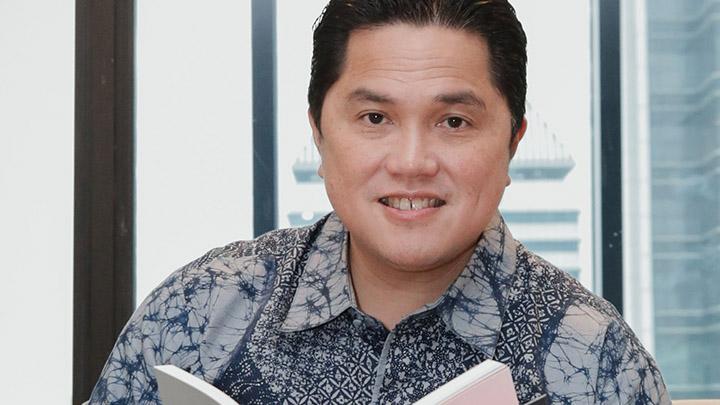
THE workload of State-Owned Enterprises (SOEs) Minister Erick Thohir, 50, has increased since the start of the pandemic. Between his busy schedules of hunting for the Covid-19 vaccines around the world to the distribution of a vaccine to all corners of the country alongside the health minister, Erick is involved in the team tasked to establish a foreign investment management agency or a sovereign wealth fund (SWF). As of now, the selection commit
...
Subscribe to continue reading.
We craft news with stories.
 For the benefits of subscribing to Digital Tempo, See More
For the benefits of subscribing to Digital Tempo, See More





